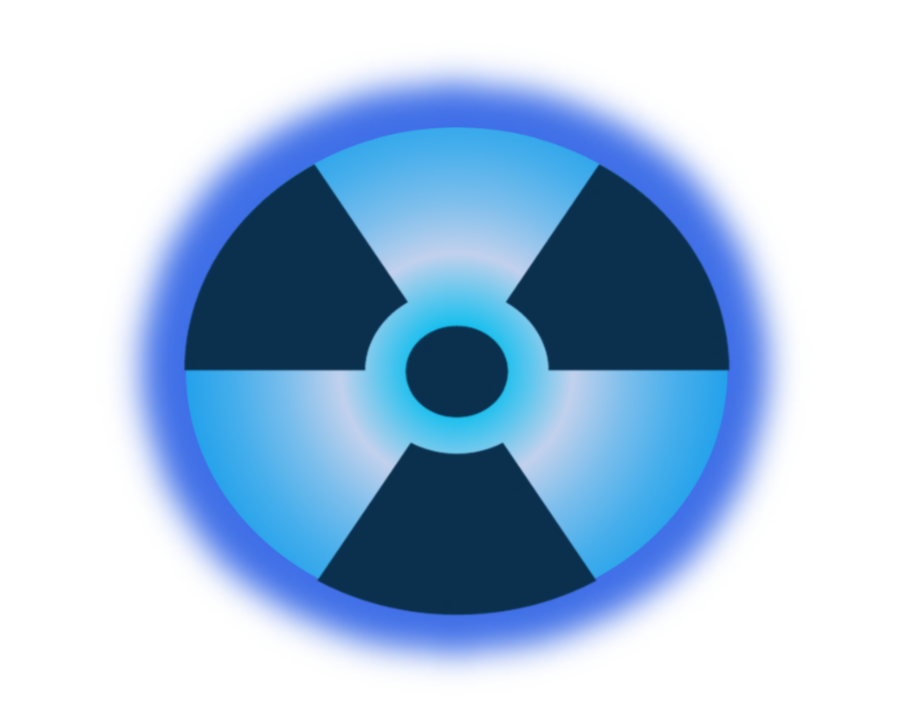The CQC has called for counselling support for radiography staff during the pandemic, in its IR(ME)R annual report for 2019/20.
Staff were praised for their dedication, innovation and professionalism while working in stressful, high-risk conditions for excessive hours and often in unfamiliar new roles.
The report stated: ‘IR(ME)R employers should support staff who wish to have counselling, and debriefing sessions should be offered to staff groups. Despite pressures, employers should encourage staff to take their breaks and annual leave to allow for adequate rest periods between shifts.
‘Staff returning from periods of stress-related sickness should be adequately supported and offered a phased return to work. Vacant posts should not be frozen where possible, and recruitment drives should continue.’
More relevant clinical guidance
In another key recommendation the CQC said that procedures should be designed to be more relevant to staff, for example by splittingthe ‘policy’ aspects from the ‘clinical instructions’ of IR(ME)R documentation.
‘For many years in diagnostic imaging services, we have almost exclusively found sets of employers’ procedures with a great deal of policy-level content, which were directed at such a huge range of audiences that they provided little practical information’.
Transgender issues
The CQC also highlighted clinical errors that had arisen from failures to properly engage with transgender patients, saying that imaging and radiotherapy departments should ensure that their procedures are inclusive of transgender and non-binary patients, including the procedure for making pregnancy enquiries.
To respect the patient’s privacy, they should be encouraged to disclose their gender history and status, without fear of it being recorded or shared without their consent, said the report. This could be achieved using posters with inclusive and accessible language around gender and staff should be trained in how to approach these matters through conversation while respecting the dignity and privacy of patients.
Referral, pre-treatment and planning errors
Among the key themes to emerge in radiotherapy notifications in 2019/20 were a significant number of errors in referral, pre-treatment and planning. The causes included referring for radiotherapy before all the required diagnostic information was in place to support the referral, inadequate communication of change to treatment intent, and incorrect information held in the quality system, leading to applying the wrong prescription.
The consequent recommendations to employers included:
- The verification imaging preset selection process should be automated.
- Verification imaging fields should contain sufficient anatomy to enable accurate matching.
- Skin apposition treatments should always use photographs giving both close-up and wide views in conjunction with anatomical landmarks.
- The time between clinical mark-up of fields and treatment should be kept to a minimum when no permanent marks are applied.
Visit the CQC website to download the full report: CQC IR(ME)R annual report 2019/20
